6 Easy DIY Activated Charcoal Face Masks For Every Skin Type
Get that healthy glow with natural, non-toxic face packs to detox and cleanse your skin.
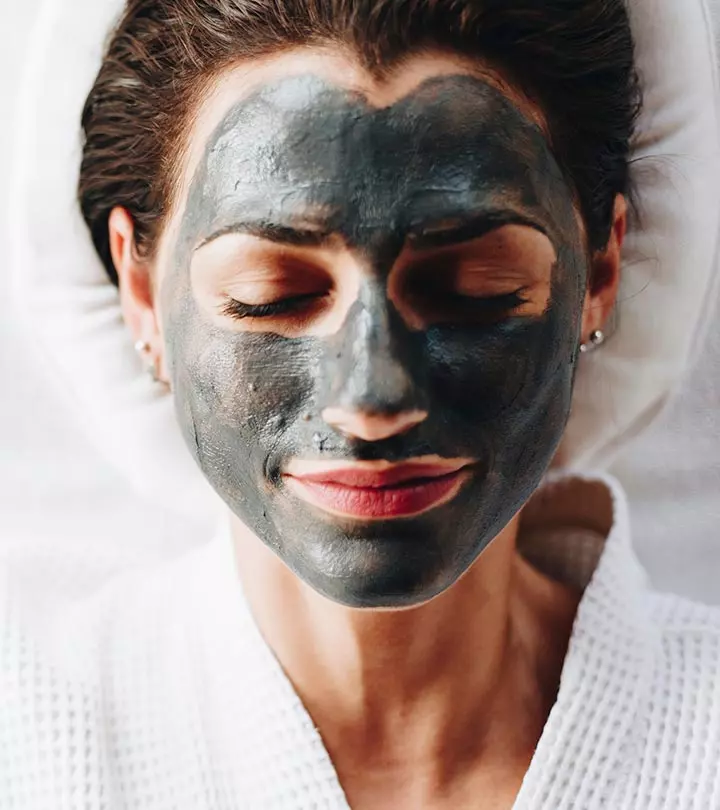
Image: Shutterstock
Face masks are one of the easiest ways to take care of your skin. A detoxifying face mask can help improve your complexion and maintain your skin’s health. And when it is about detoxifying the skin and clearing the pores, nothing works best than DIY charcoal face masks.
Activated charcoal face masks are natural and non-toxic and help you attain supple and smooth skin. In addition, they can help clear excess sebum, reduce shine, and deep cleanse the pores.
This article discusses 6 easy recipes to help you prepare DIY charcoal face masks. Keep reading to know more.
 Quick Tip
Quick TipIn This Article
What Is Activated Charcoal?
Activated charcoal is a fine black powder derived from various natural materials, including coconut shells, wood, peat, or sawdust, processed at high temperatures to create a highly porous structure. This porous nature enhances its ability to absorb toxins and chemicals, making it a widely used product for medicinal and detoxification purposes. In face masks, activated charcoal acts like a magnet, attracting and absorbing excess oil, dirt, and other residual substances from the skin’s surface. Hence, this deep-cleansing property makes it a popular component in skincare products for making the skin look clearer and the pores less visible. However, it should be used in moderation, as excessive use might lead to skin dryness.
Now let’s understand the benefits of using activated charcoal for skin.
Key Takeaways
- Charcoal masks are a natural, non-toxic way of cleansing your pores while adding that soft, supple glow to your face.
- It is suitable for all skin types and doesn’t cause any allergies, rashes, or irritation.
- It enhances the effects of other ingredients like aloe vera and clay when used along with it.
Benefits Of Activated Charcoal For Skin

Activated charcoal is gaining popularity as a skincare ingredient and is often found in soaps, body washes, face washes, and shampoos (1).
While its efficacy as a treatment for poisoning has been proven, there is still insufficient scientific evidence to affirm its effects on the human complexion. However, if anecdotes by beauty bloggers are to be believed, activated charcoal does a lot of good to your face in the following ways:
- The powder is believed to be one of the best natural pore-cleansing ingredients.
- It binds with the impurities, dead skin cells, and toxins in your face and draws them out.
- It enhances the efficacy of other ingredients like clay and aloe vera gel when used together.
- It does not cause allergic reactions and is suitable for all skin types.
- Regular use of activated charcoal helps tighten your pores and gives you a youthful appearance.
- It absorbs excess oil and is great for removing greasiness from oily skin.
- With potential antibacterial properties, activated charcoal may help prevent acne breakouts by drawing out the pimple-causing bacteria.
With many beneficial properties, activated charcoal could indeed be a great addition to your skincare regimen. Read on to know the DIY face mask recipes with activated charcoal.
6 Easy DIY Activated Charcoal Face Mask Recipes
While you can find many commercial face masks with activated charcoal, making your own face mask at home is a great way to care for your skin.
1. Exfoliating Activated Charcoal Face Mask
If you have oily skin and need to get rid of the greasiness, this face mask can be useful.
Use it once a week to revive and rejuvenate your complexion and get a spa-like glow.
You Will Need
- 1/3 cup of coconut oil, melted
- 2 tablespoons of activated charcoal powder
- ½ a teaspoon of baking soda
How To Make
- Mix the ingredients till well combined.
- Store in an airtight glass jar.
2. Basic Activated Charcoal Face Mask With Bentonite Clay
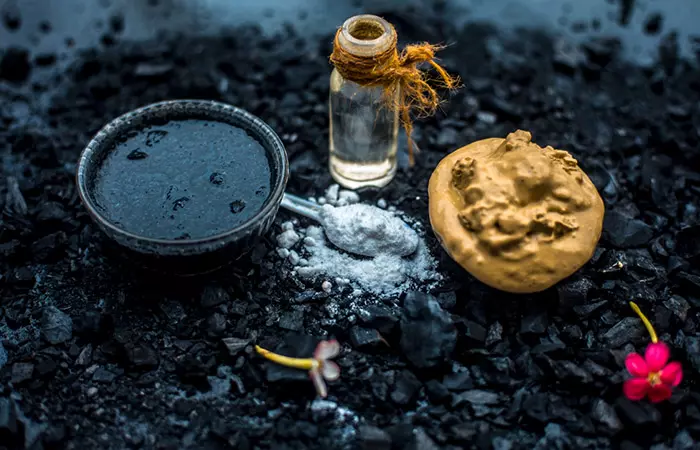
Natural clays like bentonite are known for their antibacterial properties (2). This recipe combines the goodness of bentonite with activated charcoal to make a face mask that draws out excess oil and toxins. This mask is excellent for oily skin prone to acne breakouts.
You Will Need
- 1 teaspoon of bentonite clay
- 1 teaspoon of activated charcoal powder
- 2 to 3 teaspoons of water
How To Make
- Combine all the ingredients to make a smooth paste.
- Store in an airtight glass jar.
3. Blackhead-Busting Activated Charcoal Face Mask
Many beauty bloggers swear on the efficacy of activated charcoal to draw out the blackhead-causing impurities and bacteria from your skin. If you suffer from blackheads and are looking for an effective remedy, look no further.
You Will Need
- 1 tablespoon of finely ground rice flour
- 1 tablespoon of activated charcoal powder
- 1 tablespoon of jojoba or olive oil
- 1 teaspoon of baking soda
- 1 tablespoon of water
How To Make
- Mix the rice flour and charcoal powder.
- Add the oil and water.
- Combine to make a smooth paste.
- Add a spoon of water if the paste is too dry.
- Store in an airtight glass jar.
4. Nourishing Aloe Vera And Activated Charcoal Face Mask
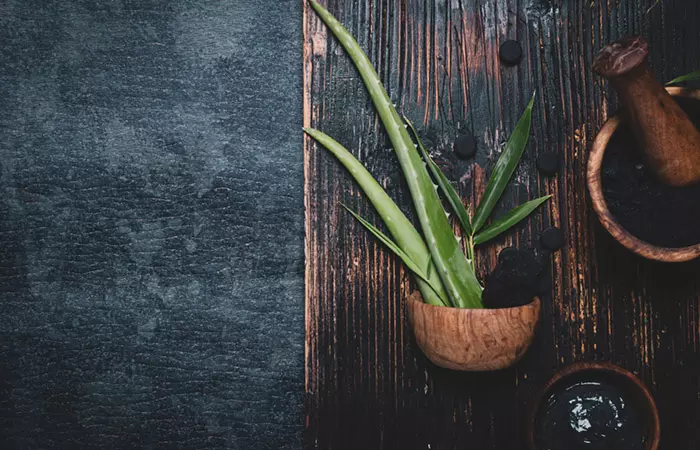
For those interested in trying out simple homemade face masks, this recipe is a good starting point. Aloe vera is rich in vitamins A (beta-carotene), C, and E, and certain enzymes that help boost skin health (3). This mask detoxifies and nourishes your face.
You Will Need
- 1 tablespoon of aloe vera gel
- 1 teaspoon of activated charcoal powder
How To Make
- Blend the aloe vera gel with the powder until smooth.
- Store in the refrigerator for up to a week in an airtight glass jar.
5. Anti-Acne Activated Charcoal Mask
While the activated charcoal powder in this face mask gently draws out the excess oil and impurities from your face, the antibacterial properties of tea tree essential oil prevent acne breakouts (4). This face mask is suitable for normal to oily skin.
You Will Need
- 1 tablespoon of aloe vera gel
- 1 teaspoon of bentonite clay
- 1 teaspoon of activated charcoal powder
- 2 to 3 drops of tea tree essential oil
How To Make
- Blend all the ingredients to get a smooth paste.
- Transfer into an airtight glass jar and store in the refrigerator.
6. Hydrating Banana And Activated Charcoal Mask
This face mask is specifically formulated for those who have dry skin and acne breakouts. Anecdotal evidence suggests that topically applying mashed ripe banana flesh helps hydrate your skin and gives you healthy and glowing skin. The addition of activated charcoal powder could make this DIY beauty mask an effective anti-acne treatment.
You Will Need
- 1 tablespoon of chopped ripe banana
- 1 teaspoon of activated charcoal powder
- 1 teaspoon of plant-based glycerine
How To Make
- Blend all the ingredients to get a smooth paste.
- Use immediately.
Moreover, you can try the combination of activated charcoal and aloe vera, as it is considered one of the effective face packs for acne-prone skin. However, there are more options if you are specifically looking for face packs for acne that can help you deal with acne issues.
Note: You can customize these masks with simple ingredient variations. Swap the ingredients to suit your skin’s needs. For hydration, replace coconut oil with jojoba or sweet almond oil, or add honey instead of glycerin. Use oat flour or ground oatmeal instead of rice flour for mild exfoliation. Essential oils like lavender or peppermint can substitute tea tree oil for acne-prone skin, while cucumber gel or avocado pulp can provide added moisture. These variations make the masks versatile for different skin types and concerns.
Sarah Boies, a beauty blogger, shared her personal experience about how she experimented with a charcoal and glue face mask to diminish her pores and brighten her “dull and clogged skin.” She talks about the satisfying results and shares, “Both of us were pleasantly surprised with the results of the mask; tons of baby hairs, white heads, blackheads, and dry skin did come off, leaving our skin baby soft (i).”
Now that you know how to make homemade activated charcoal face masks for different skin needs, let us understand how you can apply your face mask.
How To Apply An Activated Charcoal Face Mask
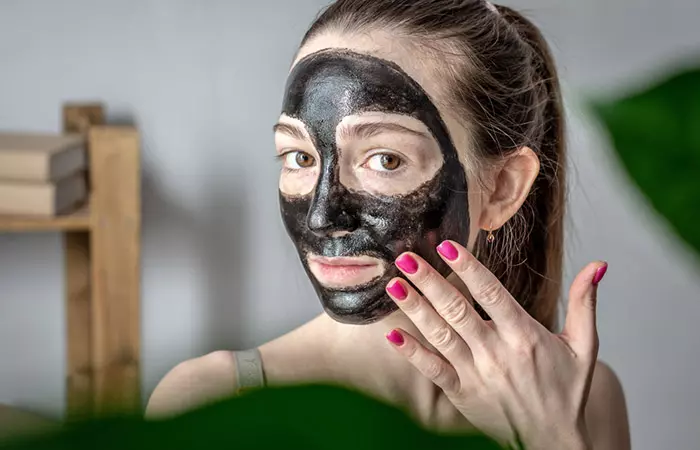
It is important to apply your activated charcoal face mask the right way to get the maximum benefits. Here is a mini-guide to help you:
- Applying the face mask on clean skin helps in better penetration. Use a gentle facial cleanser before applying the mask and pat your face dry.
- Spread the mask evenly over your face using your fingertips or a soft-bristled brush. Apply it to your forehead, cheeks, nose, and chin. Avoid the areas near your eyes and mouth.
- Keep the mask on for 15 to 20 minutes. Rinse with warm water.
- Pat your face dry and gently spread some moisturizer afterward.
While this method works for many people, some may prefer alternative ways of using activated charcoal. If you are too busy to make your own activated charcoal face masks, you can buy commercially available face masks instead. Also, to give your entire body the benefits of activated charcoal, choose body washes and soaps enriched with this toxin-pulling ingredient. Moreover, don’t miss out on the unique charcoal soap benefit. Its effective cleansing action ensures your skin is free from impurities, promoting overall skin health.
While activated charcoal is generally considered a safe ingredient, you should be aware of its potential side effects before using it.
Potential Side Effects Of Activated Charcoal
Activated charcoal has numerous benefits. However, its oil-drawing properties tend to dry the skin out. Here are a few of its potential side effects:
- An activated charcoal peel-off mask may strip your skins natural oils and leave your face itchy, scaly, and dry.
- Overuse of activated charcoal face masks may permanently harm your complexion in the long run.
- These masks might not suit people of all ethnicities. It may cause permanent hypopigmentation in African Americans, Asians, and Hispanics.
- Improper use of the ingredient can lead to infections and scarring.
- Some brands of activated charcoal powder may not be regulated by the FDA.
Yes, activated charcoal may present some side-effects if not used properly. But do not let this deter you from trying it. The following tips will help reduce the risk of side effects and allow you to experience the benefits of face masks.
Tips For Using An Activated Charcoal Face Mask
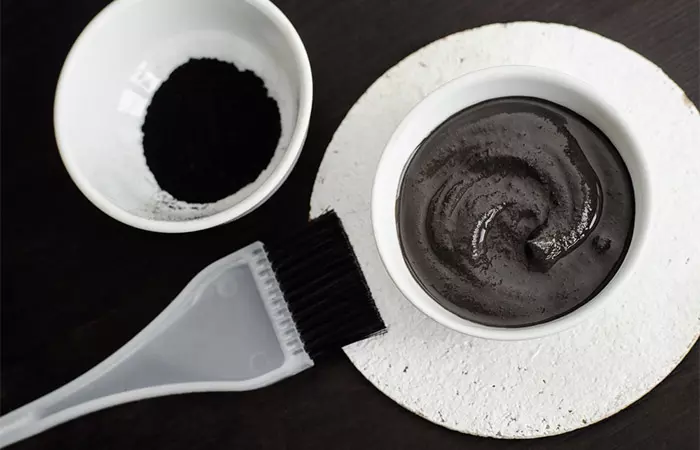
Adding activated charcoal powder to your face mask provides you with numerous benefits. Here is how you can get the most out of the experience.
- Do a patch test on the inside of your elbow before using an activated charcoal mask on your face.
- Ensure that you buy only a reputed brand of activated charcoal powder from a trusted source.
- Gently massage your face with facial oil before applying the mask to prevent over-drying.
- Leave the mask on only for the recommended duration. Keeping it on for too long may dry your skin out.
- Use the charcoal face mask once a week for sustainable results.
- Stop using the mask if you develop an allergic reaction like burning, redness, or itching.
- Never apply charcoal face masks on the sensitive skin near your eyes.
- After washing off the mask, apply a moisturizer and hydrate your skin.
- Besides treating acne, you can use these masks to soothe insect bites on your face.
We now know that using activated charcoal can give you many benefits. But what if you use regular charcoal on your face?
Can You Use Regular Charcoal On Your Face?
Regular charcoal is not suitable to be used on your face. Activated charcoal is made by processing regular charcoal. It is porous and is more effective at drawing out the toxins.
Besides, using regular charcoal might cause irritation, redness, and itchiness because of its impurities. Hence, stick to only high-grade activated charcoal.
 Quick Tip
Quick TipInfographic: 5 Easy DIY Charcoal Face Masks
Activated charcoal is commonly used in many skin care products. It helps remove impurities, control acne, and absorb excess oil from the face. While you can easily use store-bought activated charcoal face masks, they may contain harmful chemicals that can damage your skin. But there is good news – you can make your own charcoal face mask at home using common household ingredients and activated charcoal powder. In the infographic below, we have listed 5 such DIY charcoal face masks. Take a look. Illustration: StyleCraze Design Team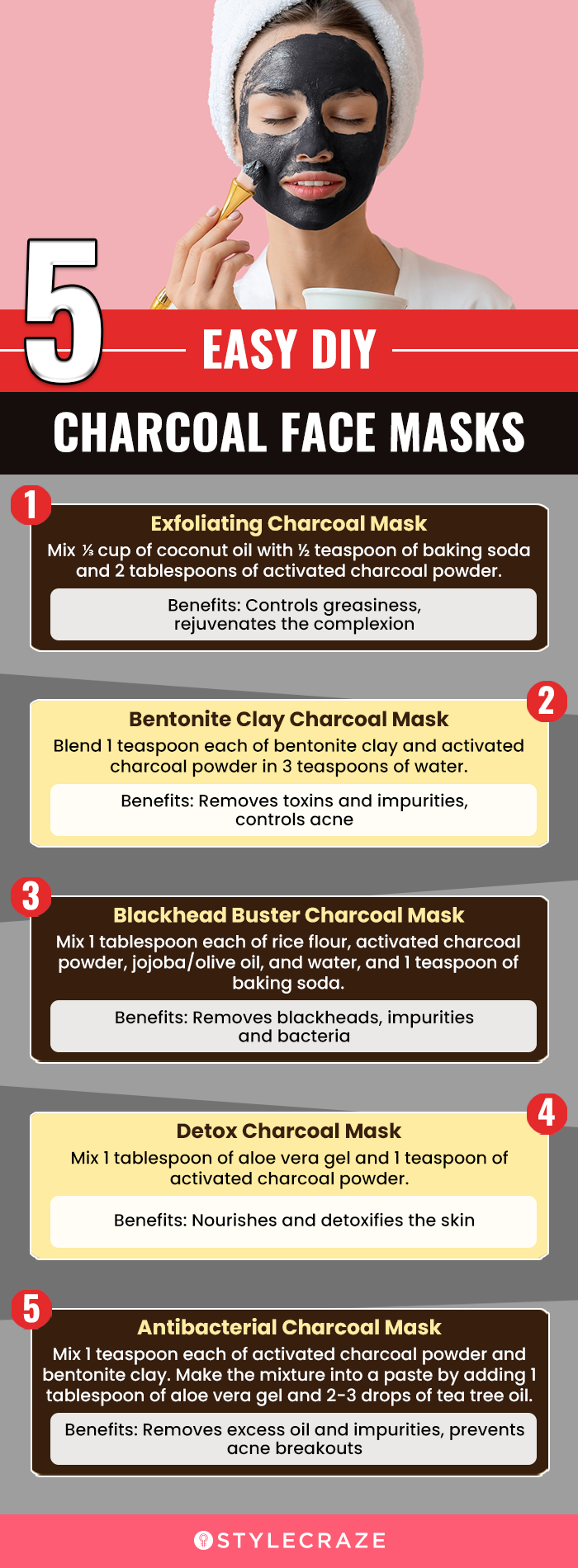
Activated charcoal may help improve complexion and maintain the radiance of your skin. Though not scientifically proven, anecdotal evidence suggests it helps clean your pores, tighten your skin, absorbs excess oil, and prevent pimple-causing bacteria. You can prepare DIY charcoal masks with ingredients like coconut oil, baking powder, bentonite clay, or other essential oils. The masks help detoxify and cleanse your skin. However, excessive use of charcoal masks may harm your skin and cause serious side effects like pigmentation, dry skin, infection, and scarring. It is always best to do a patch test before you add charcoal to your self-care and beauty routine. Also, do not forget to follow it up with a hydrating moisturizer for the overall wellness of your skin.
Frequently Asked Questions
Can I use activated charcoal masks daily?
It is not recommended to use activated charcoal masks daily as they can be too harsh on your skin, especially if you have sensitive skin. Using them 1 to 2 times a week is usually enough to help clear impurities without drying out your skin.
What are the best skin types for charcoal masks?
Charcoal masks are great for oily, acne-prone, or combination skin. They help absorb excess oil and remove dirt and impurities. If you have dry or sensitive skin, you might want to use charcoal masks less often or look for masks with added moisturizers.
Can I use raw charcoal on my face?
Yes, you can use raw charcoal on your face but it may not be as effective as activated charcoal. You can use an activated charcoal mask on your face to cleanse the skin.
Which is better: charcoal or clay mask?
Clay masks are better. While both charcoal and clay masks pull out the excess oil from your skin, clay masks hydrate the skin in comparison to charcoal masks. Charcoal masks are suitable for oily and acne-prone skin while clay masks are suitable for all skin types.
What is the difference between charcoal and activated charcoal?
Activated charcoal is produced at a higher temperature and is more porous than regular charcoal.
Can a 14-year old use a charcoal face mask?
Yes, a 14-year old can use a charcoal face mask in moderation to cleanse the face.
Can I use charcoal scrub daily?
No, using a charcoal scrub daily can make your skin too dry. You can use a charcoal face scrub once or twice a week.
Is Tea Tree or charcoal better for acne?
Both tea tree oil and charcoal are good for acne treatment. Tea tree oil has antimicrobial and anti-inflammatory properties that may help manage acne (5). Activated charcoal is known for absorbing excess oil. This may help in unclogging your pores and managing acne. You can choose a product with charcoal or tea tree oil or one that contains both ingredients.
Illustration: Easy Activated Charcoal Face Masks For Radiant Skin
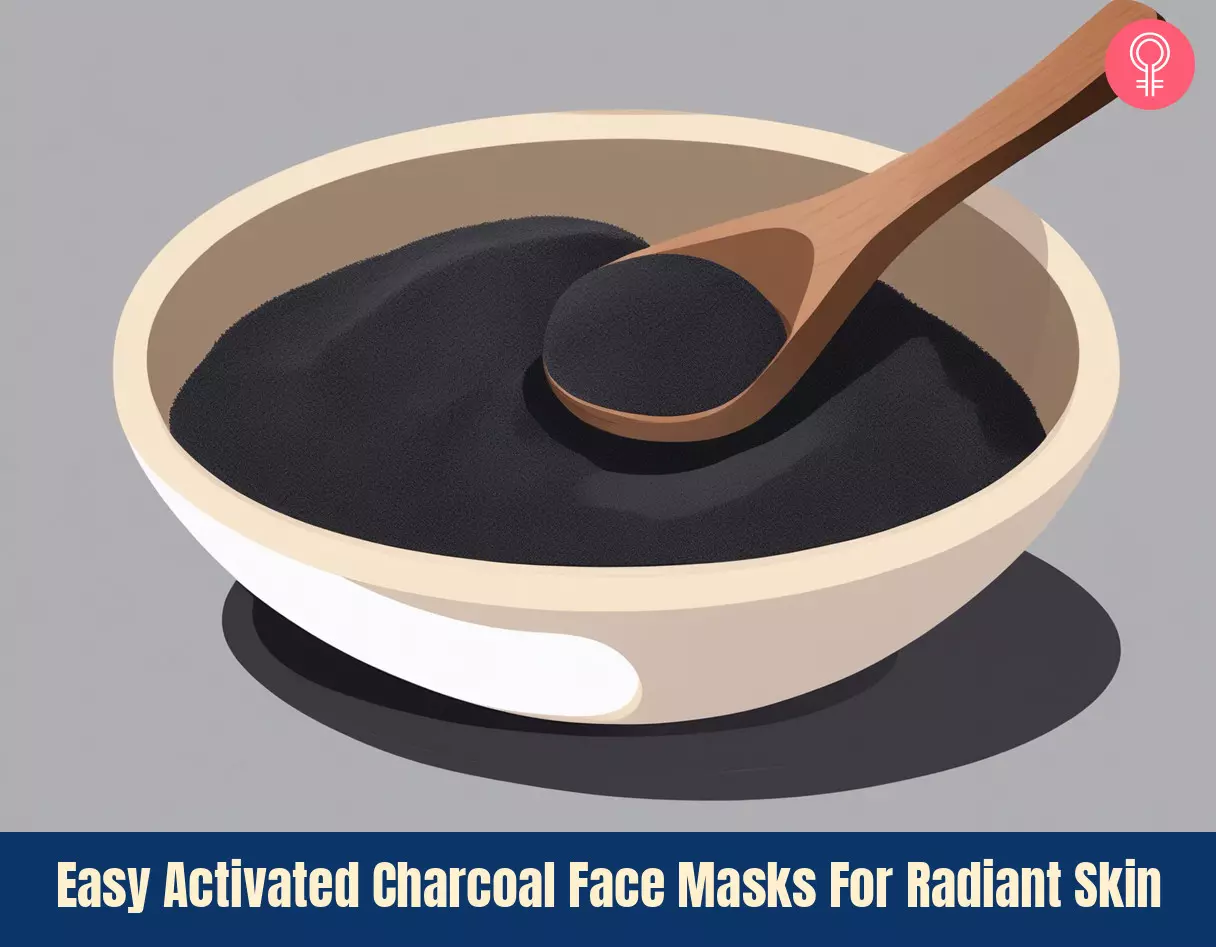
Image: Stable Diffusion/StyleCraze Design Team
Learn how to make a DIY aloe vera and activated charcoal face mask with this informative video. Get ready to cleanse and nourish your skin from the comfort of your home.
Personal Experience: Source
StyleCraze's articles are interwoven with authentic personal narratives that provide depth and resonance to our content. Below are the sources of the personal accounts referenced in this article.
i. Mask Monday: DIY Charcoal and Glue Maskhttps://atypicaltuesday.wordpress.com/2017/07/24/mask-monday-diy-charcoal-and-glue-mask/
References
Articles on StyleCraze are backed by verified information from peer-reviewed and academic research papers, reputed organizations, research institutions, and medical associations to ensure accuracy and relevance. Read our editorial policy to learn more.
- Charcoal: An ancient material with a new face,
https://pubmed.ncbi.nlm.nih.gov/32513407/ - Evaluation of the medicinal use of clay minerals as antibacterial agents,
https://www.ncbi.nlm.nih.gov/pmc/articles/PMC2904249/ - Pharmacological Update Properties of Aloe Vera and its Major Active Constituents,
https://www.ncbi.nlm.nih.gov/pmc/articles/PMC7144722/ - Melaleuca alternifolia (Tea Tree) Oil: a Review of Antimicrobial and Other Medicinal Properties,
https://www.ncbi.nlm.nih.gov/pmc/articles/PMC1360273/ - Melaleuca alternifolia (Tea Tree) Oil: a Review of Antimicrobial and Other Medicinal Properties
https://journals.asm.org/doi/10.1128/cmr.19.1.50-62.2006?permanently=true
Read full bio of Dr. Priya Gill
Read full bio of Annie Jangam
Read full bio of Ramona Sinha
Read full bio of Monomita Chakraborty





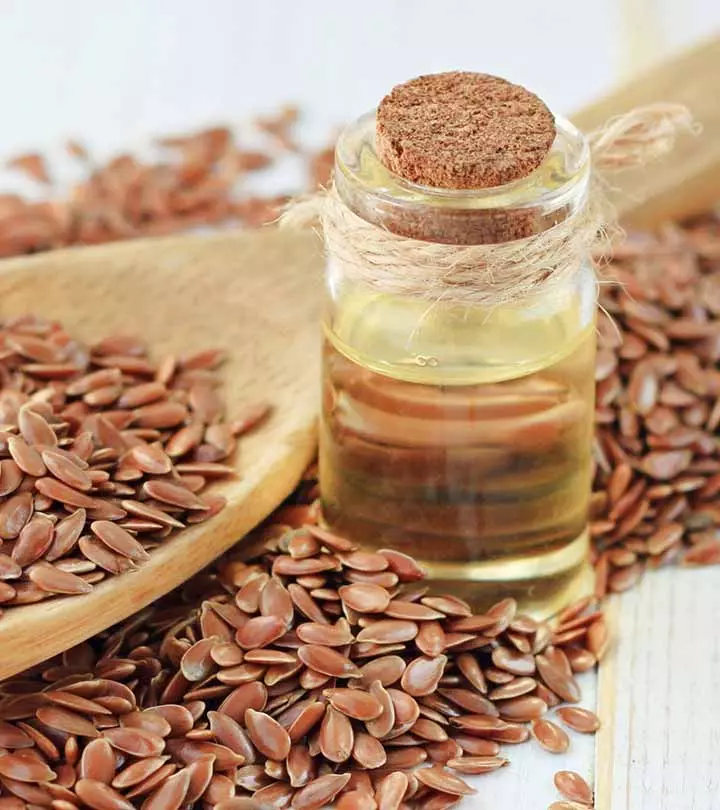
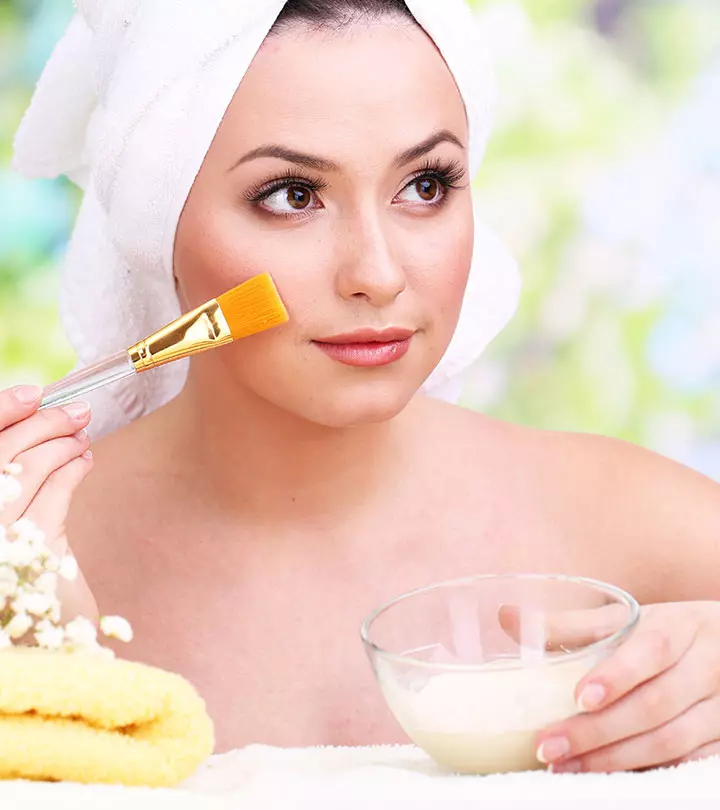
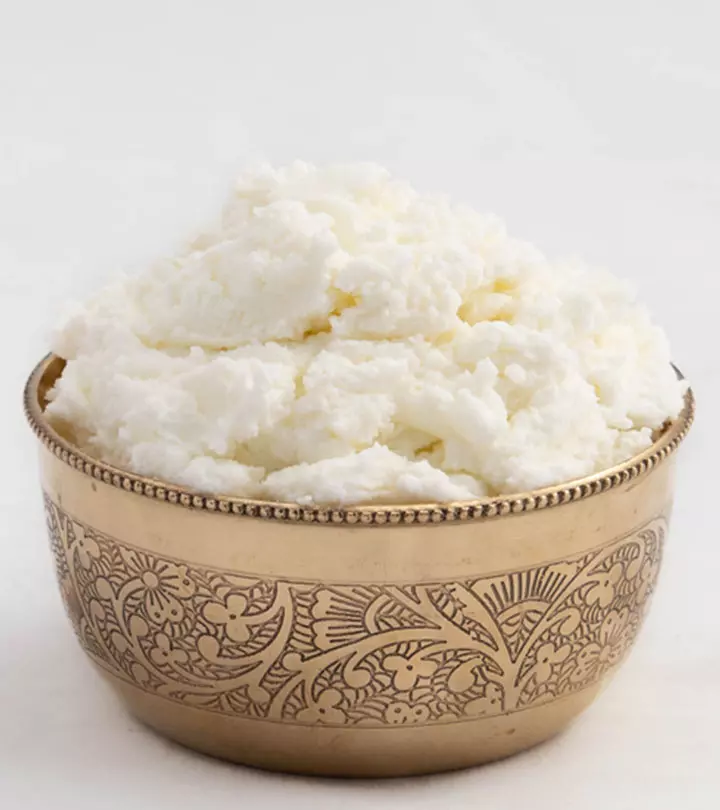
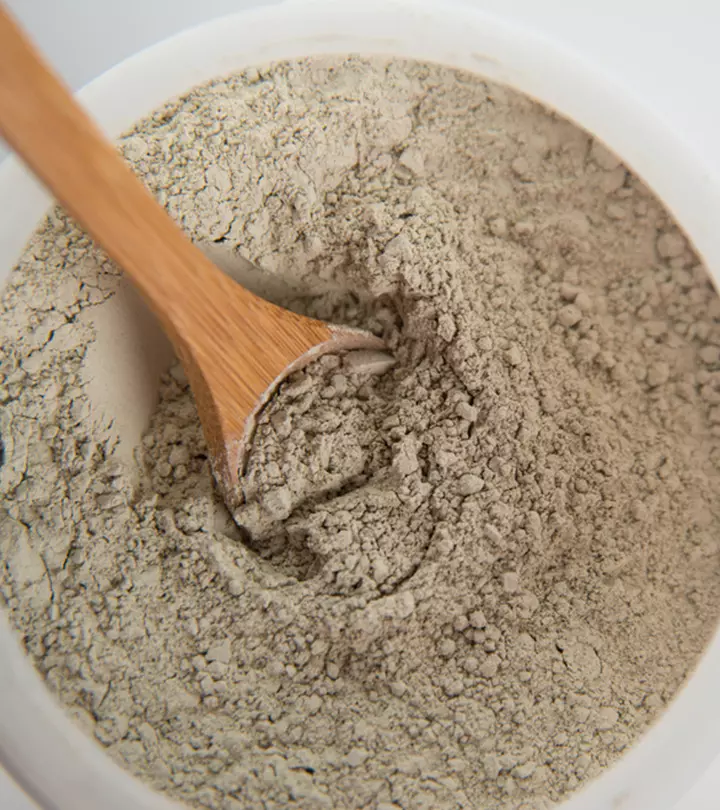
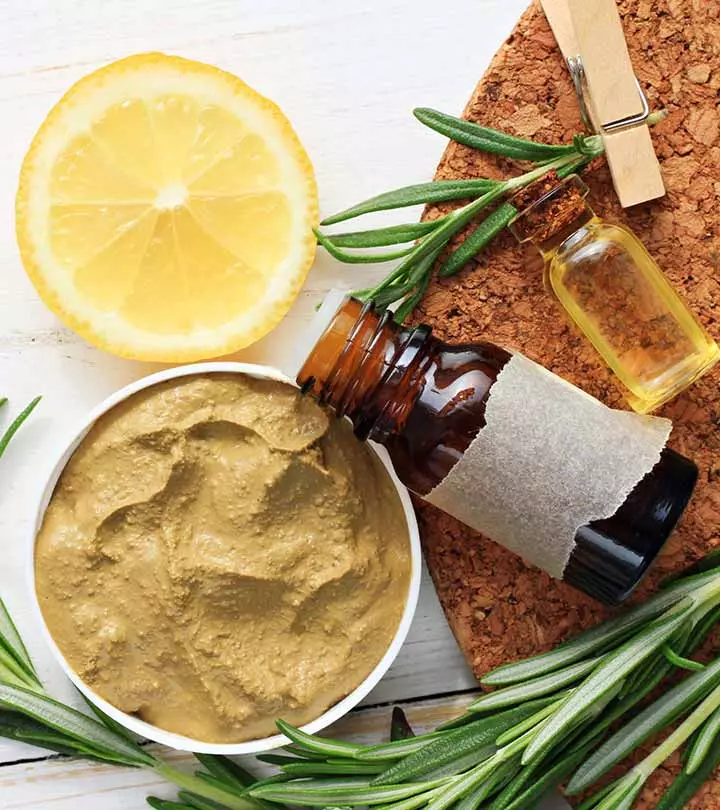
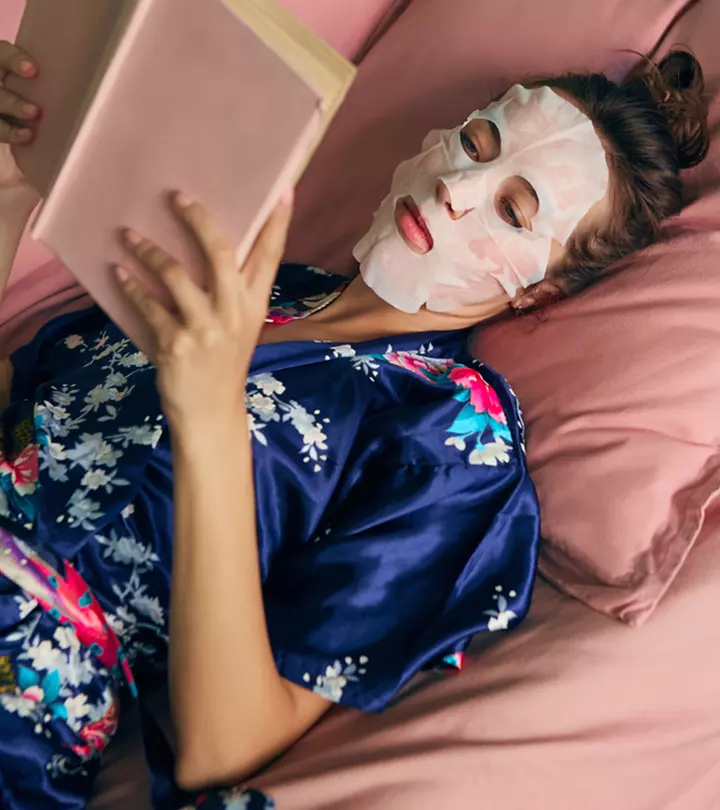

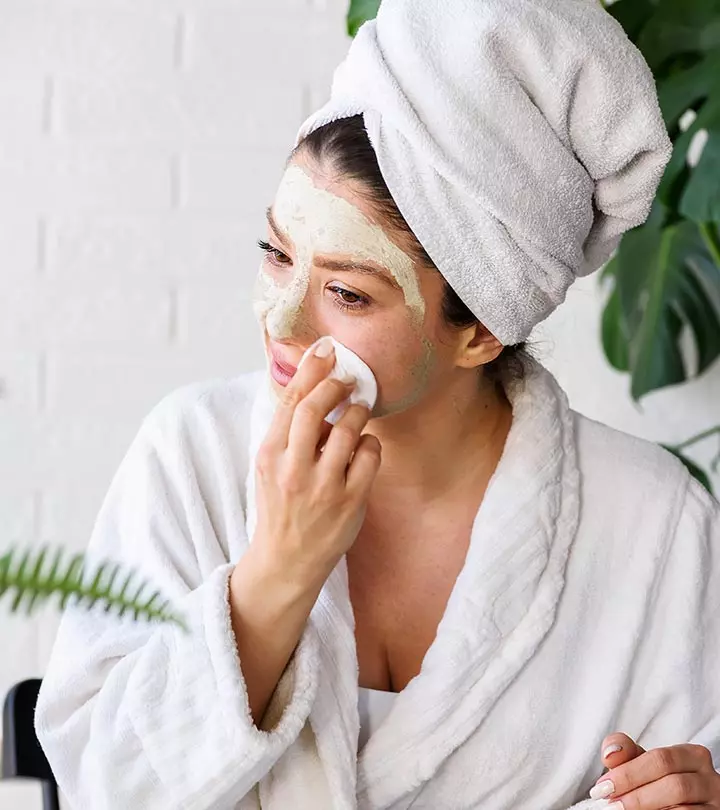
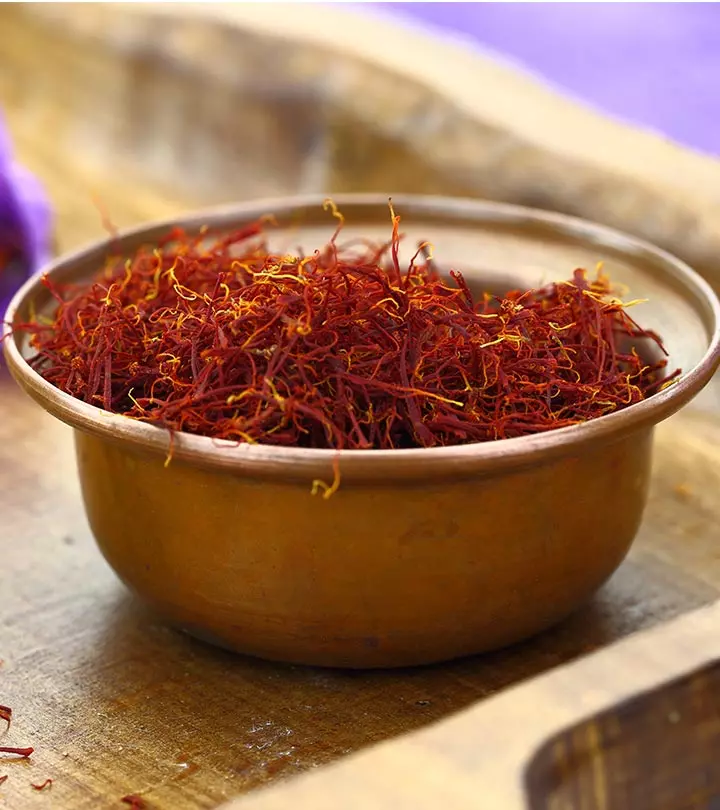
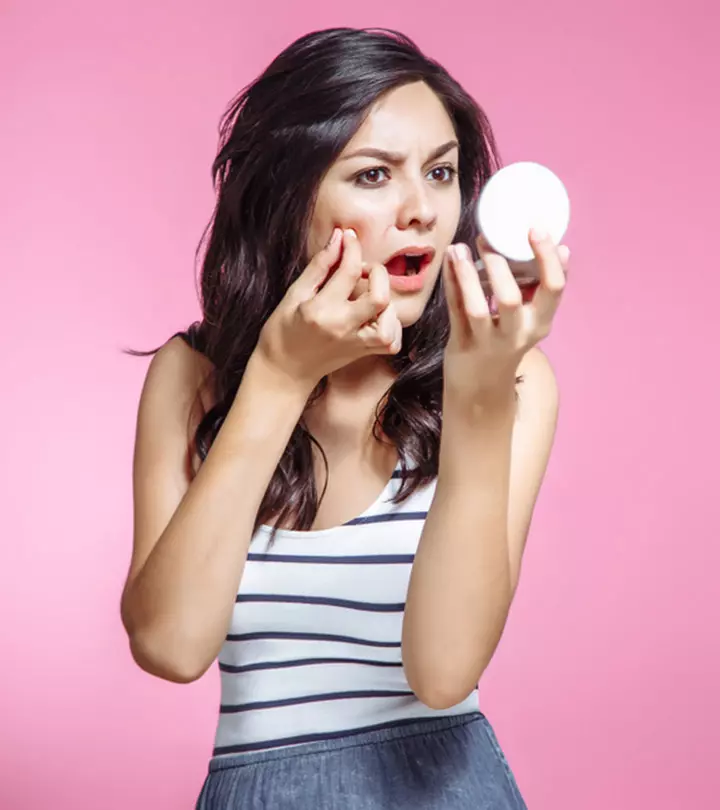
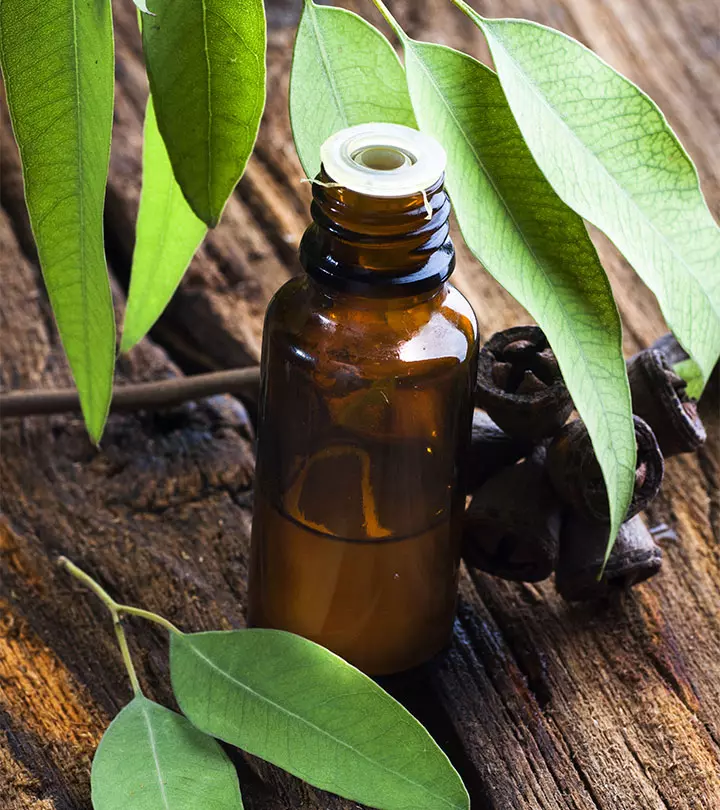
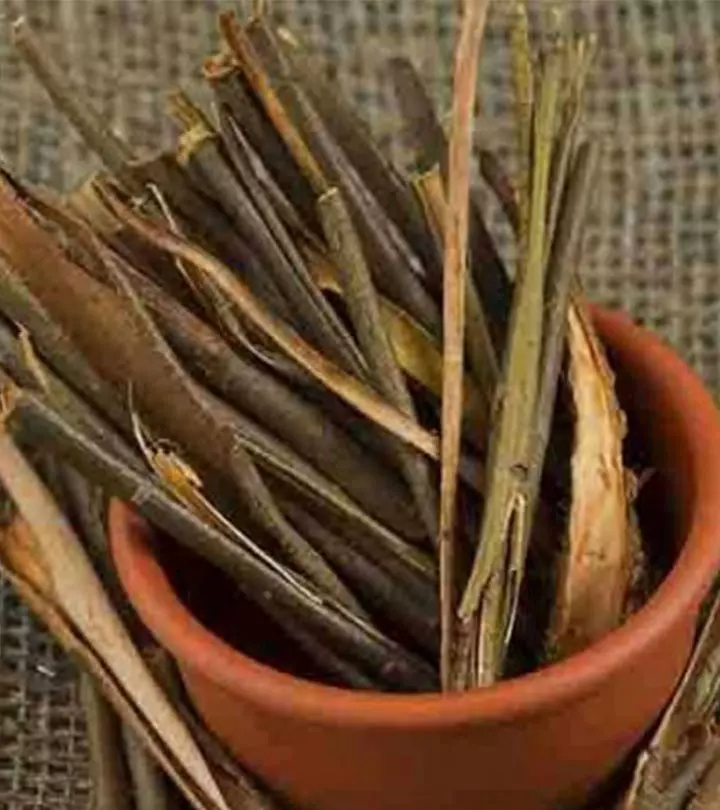
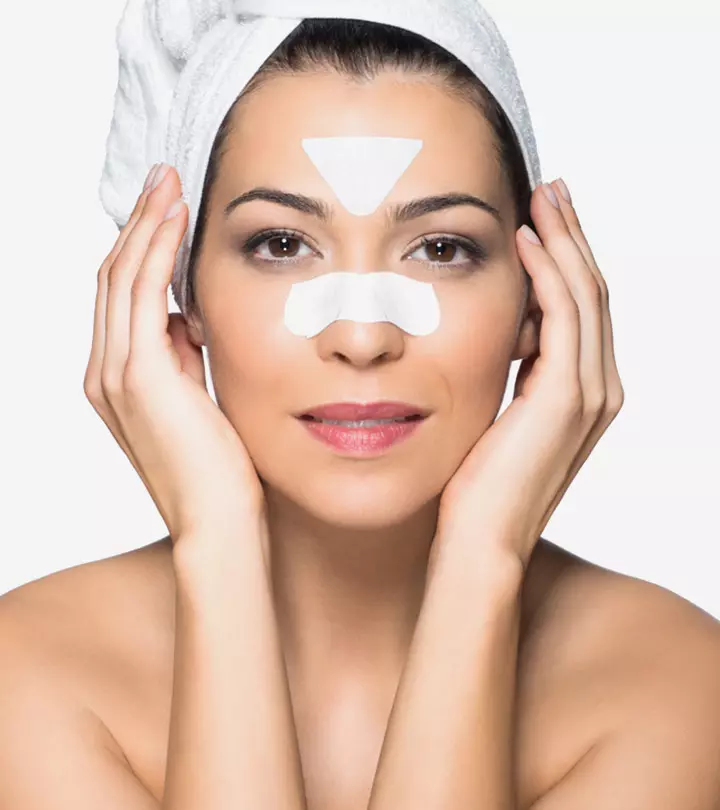
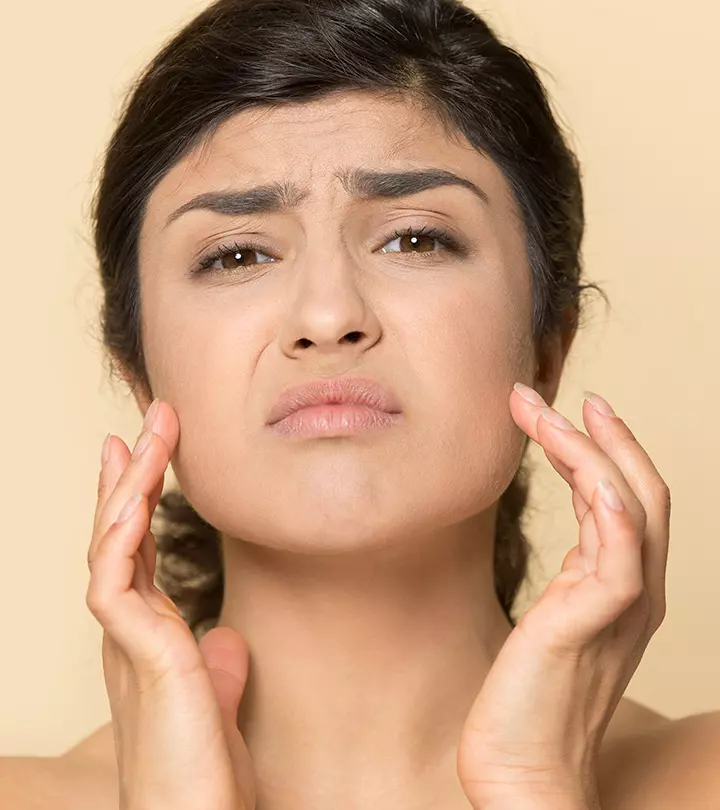
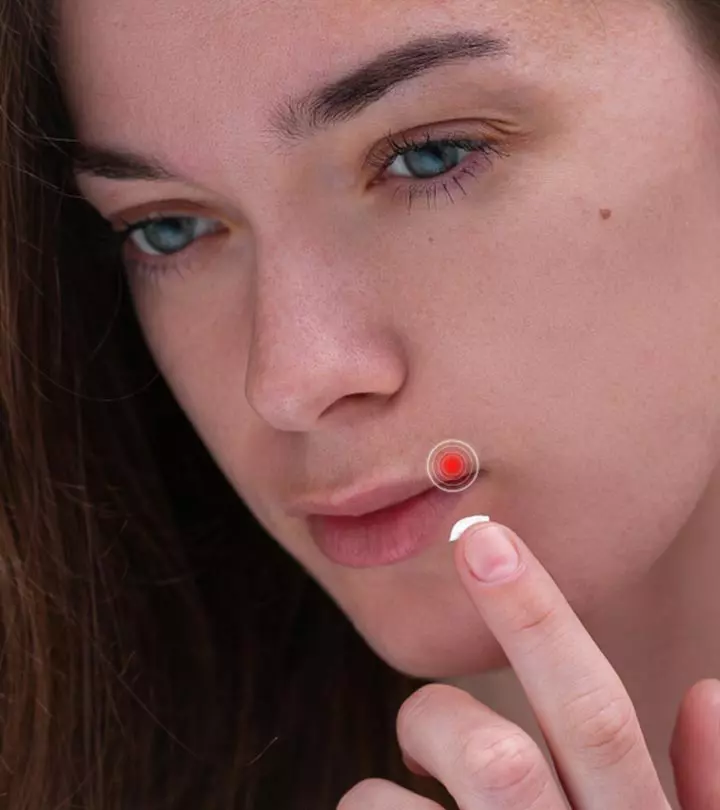


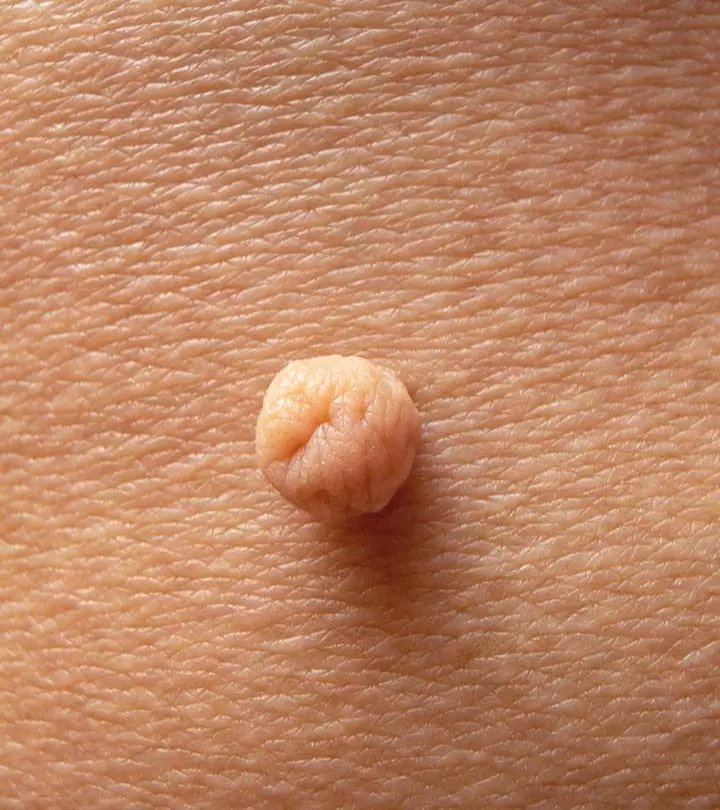
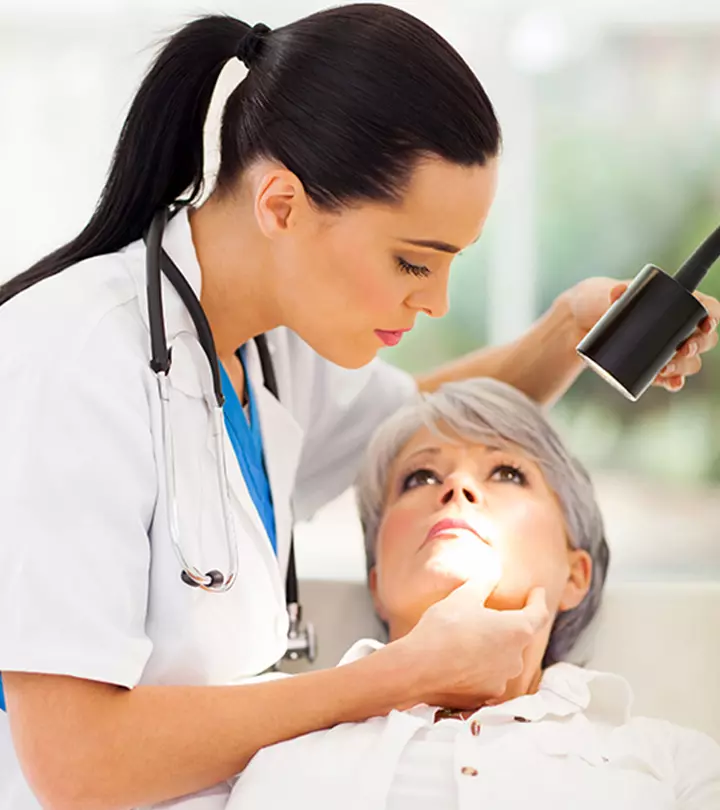
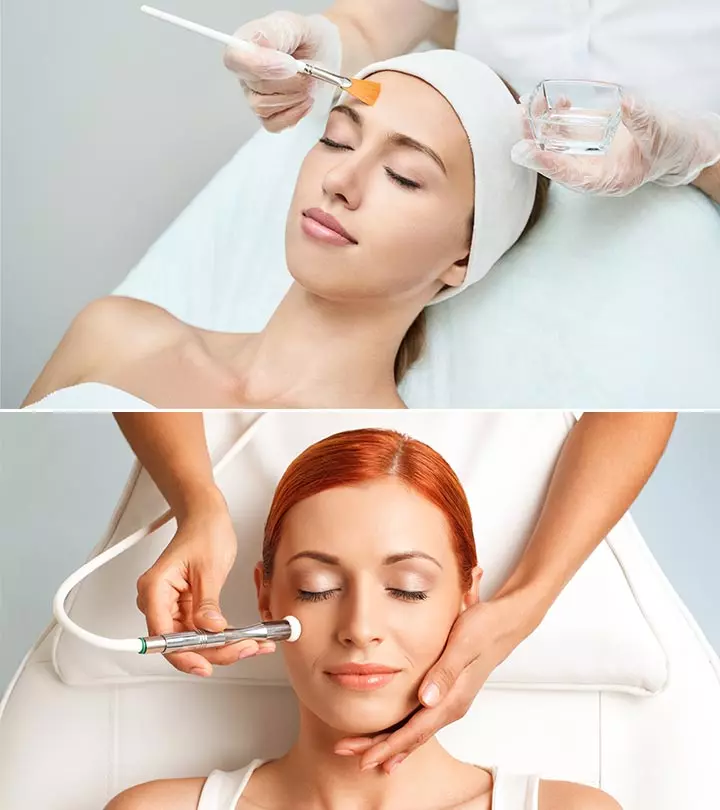
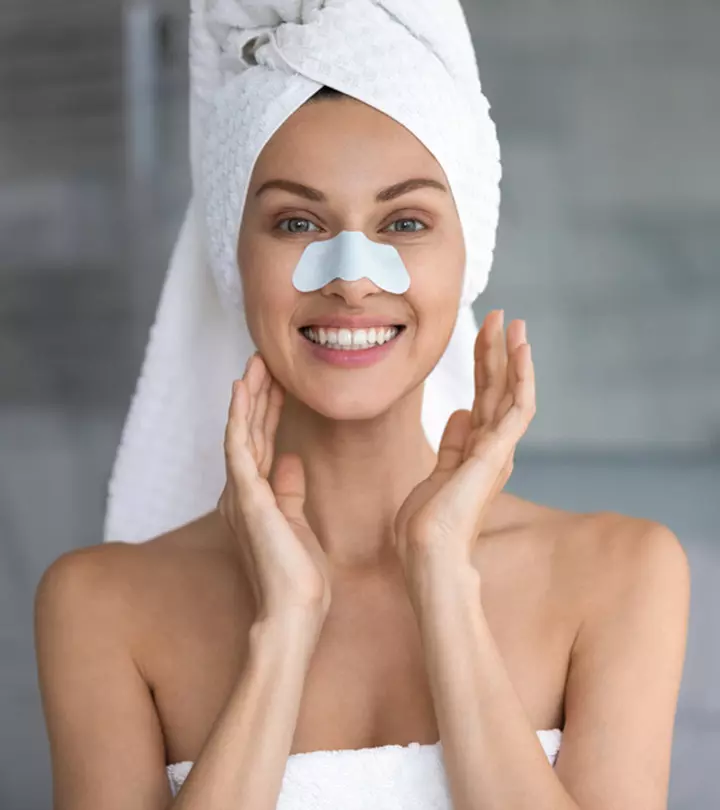
Community Experiences
Join the conversation and become a part of our empowering community! Share your stories, experiences, and insights to connect with other beauty, lifestyle, and health enthusiasts.